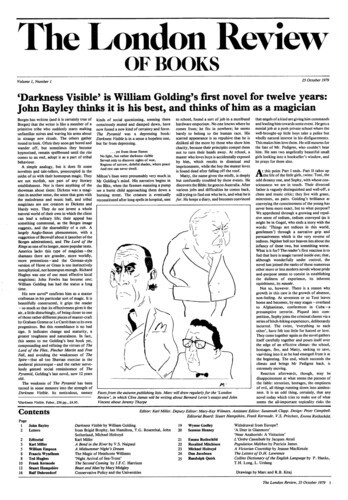A Deer in Glanmore
for B.C.
About a mile above
and beyond our place,
in a house with a leaking roof
and cracked dormer windows
Brigid came to live
with her mother and sisters.
For months after that
she slept in a crowded bed
under the branch-whipped slates,
bewildered night after night
by starts of womanhood,
and a dream troubled her head
of a ship’s passenger lounge
where empty bottles rolled
at every slow plunge
and lift, a weeping child
kept weeping, and a strange
flowing black taxi pulled
into a bombed station.
She would waken to the smell
of baby-clothes and children
who snuggled tight, and the small
dormer with no curtain
beginning to go pale.
Windfalls lay at my feet
those days, clandestine winds
stirred in our lyric wood:
restive, quick and silent
the deer of poetry stood
in pools of lucent sound
ready to scare,
as morning and afternoon
Brigid and her sisters
came jangling along, down
the steep hill for water,
and laboured up again.
Familiars! A trail
of spillings in the dust,
unsteady white enamel
buckets looming. Their ghosts,
like their names called from the hill
to hurry, hurry past,
a stone’s-throw of syllables.
I knew the story then.
With their margarine boxes,
pram wheels and biscuit tins,
they had missed their last bus
on that first night in Dublin
and walked miles of suburbs
all through the small hours.
How it sweetens and disturbs
as they make their homesick tour,
a moonlight flit, street-arabs,
the mother and her daughters
walking south through the land
past neon garages,
night-lights haloed on blinds,
padlocked churchyards, bridges
sturdy over a kind
mutter of streams, then trees
start filling in the sky
and the estates thin out,
lamps are spaced more widely
until a cold moonlight
shows Wicklow’s mountainy
black skyline, and they sit.
Brigid, now I am Davin
walking a dark road,
you are the young woman
who crept into his head
out of a roadside cabin
still following, and followed.
Near Anahorish: a Visitation
For Louis Simpson
I
I stood between them,
the one with his scanning intelligence
and fencer’s containment,
his speech like a bowstring,
and another, unshorn and bewildered
in the tubs of his wellingtons,
smiling at me for help,
faced with this stranger I’d brought him.
II
Then the cunning voice of poetry
came out of the field across the road
saying, ‘Be adept and be dialect,
tell of this wind coming past the zinc hut,
call me sweetbriar after the rain
or snowberries cooled in the fog.
But love the cut of this travelled one
and call me also the cornfield of Boaz.
Go beyond what’s reliable
in all that keeps pleading and pleading,
these eyes and puddles and stones,
and recollect how bold you were
when I first visited you
with departures you cannot go back on.’
Send Letters To:
The Editor
London Review of Books,
28 Little Russell Street
London, WC1A 2HN
letters@lrb.co.uk
Please include name, address, and a telephone number.

